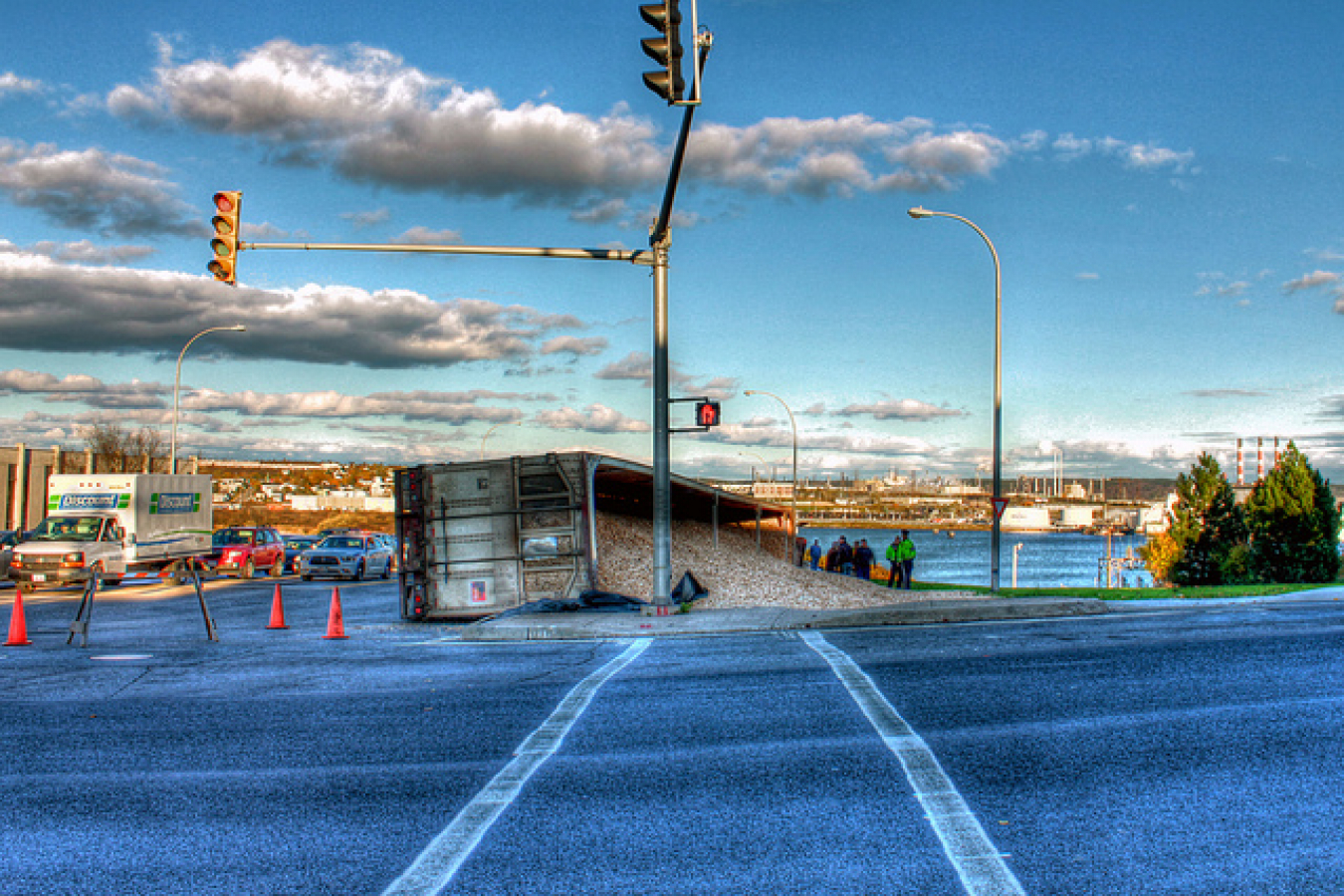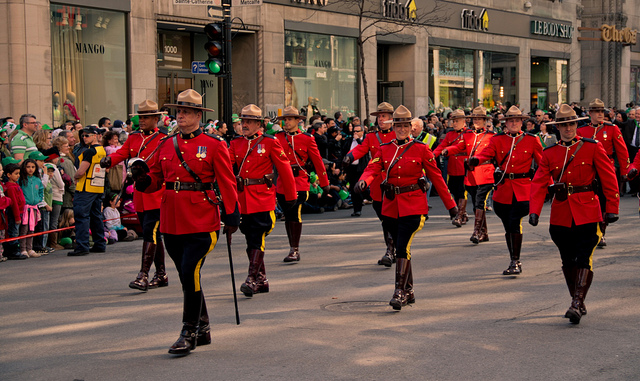Ottawa says the move is about treating adopted children equally and erasing legal distinctions that make them different from biological children. Immigration Minister Joe Volpe confirmed earlier this month that he will introduce a bill this fall and said he hopes opposition parties will agree to pass it immediately.
"An adopted child is the same as a biological child and we're going to make changes that reflect that."
Currently, adoptive parents must apply for citizenship for their child - a process that can take up to two years. In the meantime, the child can't get a Canadian passport and that can keep them from travelling with the family.
Later, if the parents don't apply for citizenship at all, the adoptee can't vote or join the military.
Critics of the system are crying out for change. They call the status quo morally unacceptable, and a violation of international commitments Canada has made.
"It's just plain wrong," said Agnes Casselman, an adoption advocate with International Social Service Canada.
Casselman is particularly concerned about what happens to adoptees who break the law before being granted citizenship.
Adoptees who commit crimes have the same status as landed immigrants and could find themselves deported back to their original home - even if they don't speak the language, don't know anyone there and have no memory of the place.
There are several such cases in Canada. At least two Ontario men who have spent almost their entire lives in Canada are fighting deportation orders after being convicted of robbery.
Casselman said these men might deserve to be treated like criminals, but only like Canadian ones.
"Adoption should imply permanency - not just if everything happens to go right in your life and you end up being a great citizen," Casselman said.
"Sometimes things don't work out that well. And if it's a made-in-Canada problem and then we say, 'Well, you can be deported,' that's unfair."
It's also a violation of the Hague Convention on Protection of Children, which Canada ratified in 1997.
That treaty says adoptions must only take place if the receiving country guarantees the child can "reside permanently" in that country.
The Federal Court of Appeal also ruled in 1999 that the current rules discriminate against adopted children.
About half of Canadians' annual average of 2,000 foreign adoptions are from China. Haiti, Russia, South Korea and the United States round out the top five adoption sources. The U.S. and Australia have already passed legislation similar to what is now being proposed by the Liberal government.
A previous attempt died on the order paper in 2003, when the Liberals included adoption changes in Bill C-18 - a broader piece of immigration legislation.
Volpe said he hopes to avoid a similar fate this time, especially with an election looming and the chance Parliament could be shut down at any time.
That's why he plans to introduce the changes as a stand-alone piece of legislation next month.
"C-18 collapsed for a series of reasons but there was never any disagreement on that particular clause," Volpe said.
"My proposal is: Let's get that clause and make it into its own bill. . . Why hold up this particular issue?
"It could happen in a day. If the opposition wants to do it, it'll be (passed) in a day."




